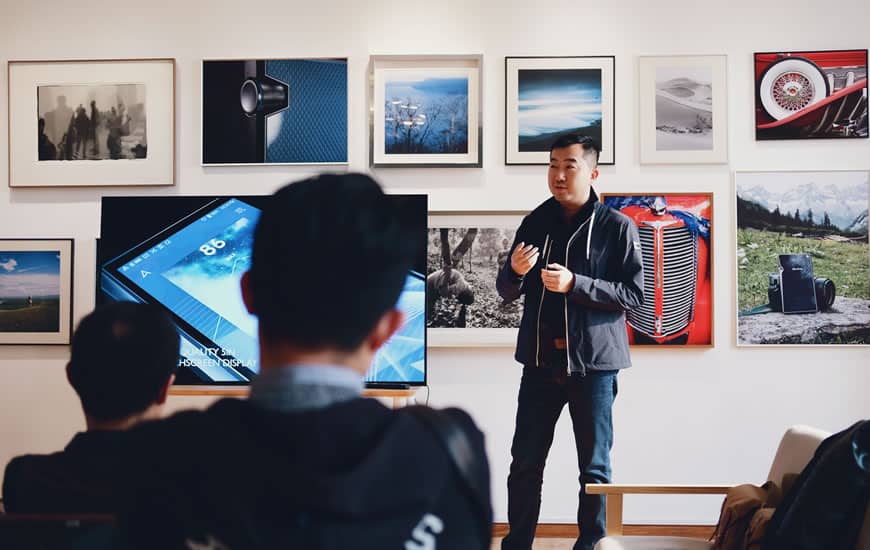
Frequently Asked Questions
The O-1 visa for “Individuals with Extraordinary Ability or Achievement” is a non-immigrant visa granted to individuals who have “special abilities” and their dependents and attendants. Although vague, those appellations have been precisely defined by immigration laws and courts, and the criteria must be closely demonstrated in order to obtain the coveted visa.
The O1 visa allows a foreign national with extraordinary abilities to remain and work in the U.S. for three (3) years. However, this visa can be renewed for one year at a time to continue or complete the same event or activity or three years otherwise and may be extended indefinitely.
Although the O1 visa does not automatically lead to a green card, the O1 visa holder may apply for permanent residency based on his extraordinary abilities in the field of sciences, education, arts, business and athletics (EB1). In some cases, O1 visa holders may need to apply through another immigrant classification such as a National Waiver Interest Visa (EB2) or employment sponsorship via the labor certification process.
No. The spouse of an O1 visa holder is not allowed to work in the US.
There is no annual cap for O1 – extraordinary abilities visas.
Yes. You can transfer you O1 visa from one employer or sponsor to another one. However, you must wait until the transfer application is approved to start working for the new employer or sponsor.
The average time for processing an O1 visa is between 2 and 3 months, but we have been able to get O1 visas approved in few weeks without premium processing. If premium processing is chosen, then USCIS will take action on your case within 15 days. With regular processing, the processing time can vary depending on many factors including the extraordinary ability of the applicant, the processing center assigned to the case, and how well documented the application is. Errors or missing information will greatly delay the application.
Not necessarily. You will need to prove to USCIS that you were and are an expert in your field of expertise, i.e. coaching that sport. It may be important for you to gain some experience in coaching first and attain that level of expertise as a coach if that is the route you want to pursue.
No. There are many other criteria for which you can qualify other than this one, as long as you meet three of them or if you have been nominated or won a significant national or international award or prize. Note that the criteria for extraordinary ability in sciences, business, education, athletics are different that for the ones applied to the arts.
While the O-1 visa is not a self-employment visa, you may apply for the O-1 through a business in which you have ownership as long as the business activities relate to your field of extraordinary ability and you are not the sole decision-maker in the company.
The Extraordinary Ability or Achievement is defined as “a level of expertise indicating that the person is one of the small percentage who has risen to the very top of the field of endeavor” in the sciences, education, business, or athletics (O-1A visas), or the arts or in motion picture or television industry (O-1B visas)
The attendants (or support personnel) can be admitted under O-2 visas upon demonstrating that the O-1 visa holder needs them to accomplish his or her mission.
Along with the application package, the U.S. petitioner will have to submit a written consultation from a labor organization specialized in the considered field, evidencing that the individual is a recognized expert in this field.
An individual must meet 3 of the 8 criteria for the O-1A visa, or 3 of the 6 criteria for the O-1B visa to qualify as an individual of “extraordinary ability,” or alternatively have won a major internationally recognized award. Check out how the USCIS summarized the criteria for determining "Extraordinary Ability" and our comments.